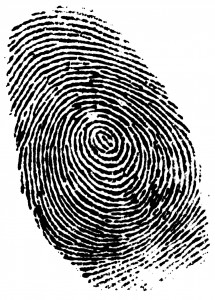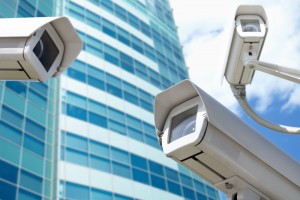 Yesterday, the Regents of the University of California and Eolas Technologies, Inc. filed a lawsuit against Facebook in the U.S. District Court for the Eastern District of Texas. The suit alleges that Facebook has infringed on four different patents owned by the Regents and to which Eolas has an exclusive license.
Yesterday, the Regents of the University of California and Eolas Technologies, Inc. filed a lawsuit against Facebook in the U.S. District Court for the Eastern District of Texas. The suit alleges that Facebook has infringed on four different patents owned by the Regents and to which Eolas has an exclusive license.
Eolas was founded by Dr. Michael D. Doyle, who, according to the company website, previously served as Director for the Center of Knowledge Management at the University of California – San Francisco. During his tenure there, Dr. Doyle reportedly led a team of researchers to develop technology that led to the 5,838,906 patent (“’906 Patent”) entitled “Distributed hypermedia method for automatically invoking external application providing interaction and display of embedded objects within a hypermedia document.” According to the Eolas Technologies website, the patent “enabled Web browsers for the first time to act as platforms for fully-interactive embedded applications.”
The ’906 Patent has been the subject of prior litigation. In 2007, Eolas and the Regents of the University of California were awarded a $565 judgment against Microsoft. The award was stayed on appeal, and the parties subsequently settled for a confidential amount.


 Photographer
Photographer  On August 31, View 360 Solutions LLC, a subsidiary of Acacia Research Corp.,
On August 31, View 360 Solutions LLC, a subsidiary of Acacia Research Corp.,  On August 29, Multimedia Patent Trust (“MPT”) filed a
On August 29, Multimedia Patent Trust (“MPT”) filed a  Blue Spike, LLC filed a
Blue Spike, LLC filed a  Yesterday, a Northern California jury announced their verdict in one of the most highly anticipated decisions of the high technology era: Samsung must pay Apple $1.05 billion in damages for patent infringement.
Yesterday, a Northern California jury announced their verdict in one of the most highly anticipated decisions of the high technology era: Samsung must pay Apple $1.05 billion in damages for patent infringement. One of the threshold questions before a person or entity may sue another in federal court is one of judicial standing. When the person or entity is suing for prospective relief—that is, a court order preventing a harm that has not yet occurred, the threshold is particularly high. Under the Supreme Court case
One of the threshold questions before a person or entity may sue another in federal court is one of judicial standing. When the person or entity is suing for prospective relief—that is, a court order preventing a harm that has not yet occurred, the threshold is particularly high. Under the Supreme Court case  On Wednesday, New York City
On Wednesday, New York City  H-W Technology LC is suing Apple and 31 other companies for
H-W Technology LC is suing Apple and 31 other companies for  Last week, Sprint filed several requests for the issuance of subpoenas in the U.S. District Court for the Northern District of California. The purpose of the subpoenas, according to the declarations accompanying them, is to reveal the identity of one who identifies him/herself as a ‘mole’ or insider in the company who may be violating Sprint’s copyright. The mystery mole has a Gmail account, as well as accounts on
Last week, Sprint filed several requests for the issuance of subpoenas in the U.S. District Court for the Northern District of California. The purpose of the subpoenas, according to the declarations accompanying them, is to reveal the identity of one who identifies him/herself as a ‘mole’ or insider in the company who may be violating Sprint’s copyright. The mystery mole has a Gmail account, as well as accounts on